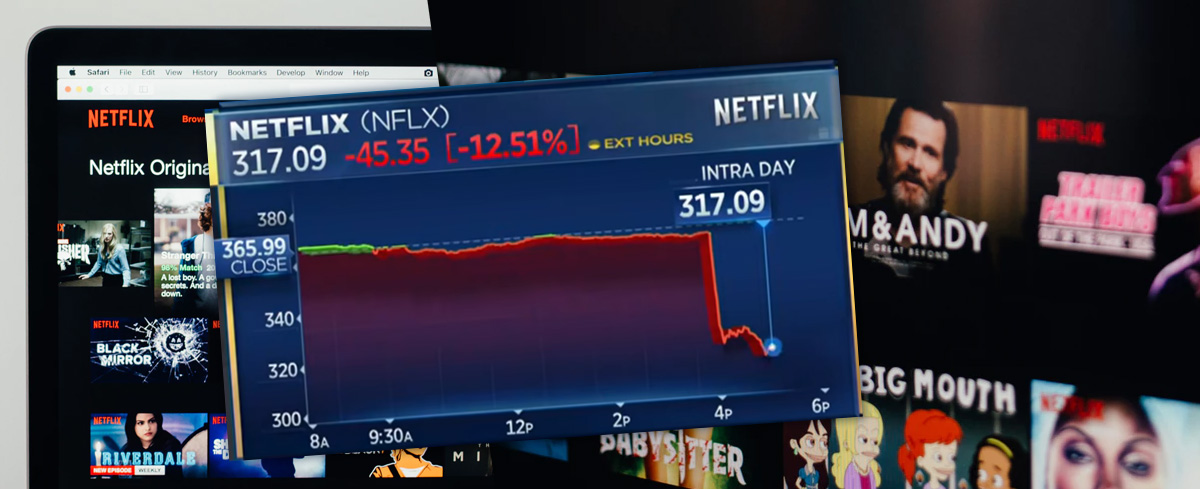Netflix has experienced their worst month in years after the streaming service threatened to boycott the state of Georgia for passing the Heartbeat bill, which would ban abortions after a foetal heartbeat can be detected.
The online streaming service had projected growth of 352,000 subscribers in the United States, however, according to their second-quarter earnings report, Netflix witnessed a drop of more than 126,000 subscribers.
When Georgia passed the Heartbeat bill, @netflix threatened to stop doing business in the pro-life state.
Thousands of pro-life customers expressed their outrage.
Now Netflix's last quarter shows a huge drop in subscribers.#ditchNetflixhttps://t.co/lBNlcvveRb
— Lila Rose (@LilaGraceRose) July 17, 2019
In May, Netflix, along with Disney and WarnerMedia, threatened to boycott Georgia over the state’s pro-life stance. The state has become a hub for film and television due to tax incentives, bringing the state an estimated $2.7 billion in revenue in 2017.
Netflix’s chief content officer Ted Sarandos told Variety they will work with the ACLU and others to fight the pro-life legislation in court. If the legislation is implemented, Sarandos said the streaming service would rethink their investment in the pro-life state:
We have many women working on productions in Georgia, whose rights, along with millions of others, will be severely restricted by this law. It’s why we will work with the ACLU and others to fight it in court.
Given the legislation has not yet been implemented, we’ll continue to film there, while also supporting partners and artists who choose not to. But should it ever come into effect, we’d rethink our entire investment in Georgia.
Almost 50 per cent of Americans consider themselves pro-life, according to a May 2018 Gallup poll, while the Pew Research Center found 37 per cent of Americans think abortion should be illegal in all or most cases.
This is the first quarterly loss of paid domestic subscribers for Netflix in eight years, who is blaming the shortfalls on weak programming and price increases.























